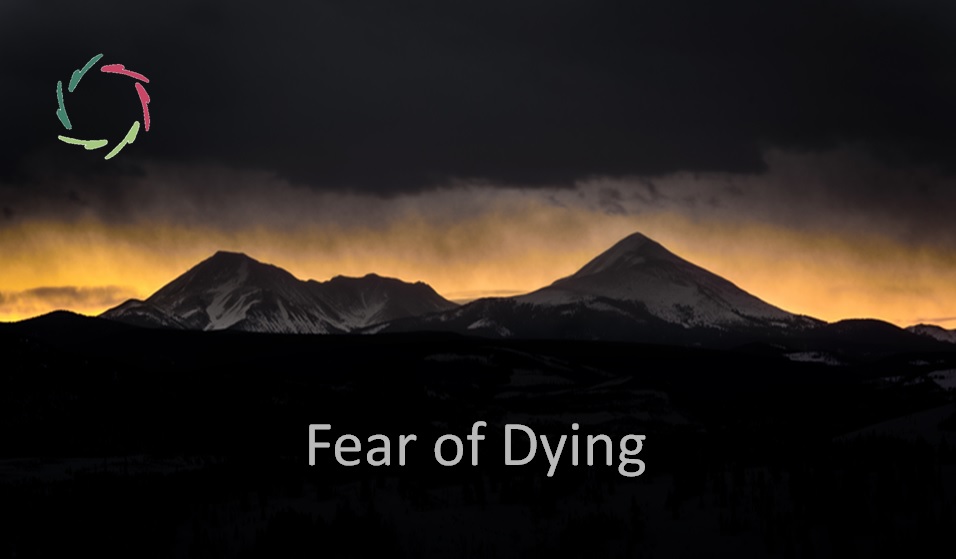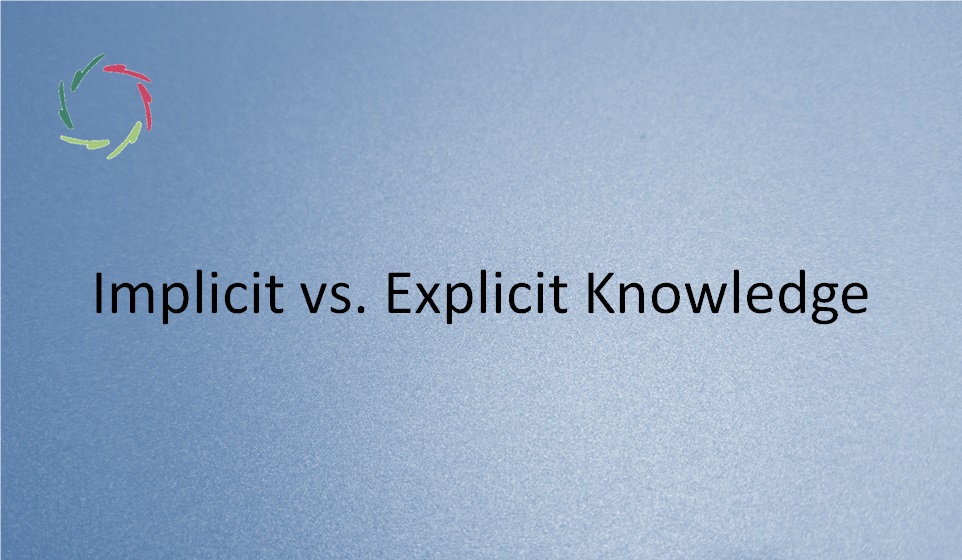Fear of Dying

Many people are irrationally afraid of dying, even while they know they will not suffer when being dead. Many know they are irrational in this, yet they don’t know why, and keep being afraid.
Every living being wants to live.
Straightforwardly.
Well, depending on what you call ‘wanting.’ Does a bacterium want to live? It sure acts as if it does. There may be ‘wanting,’ but then only a tiny bit.
Further on in evolution, the more complex the living entity, the more we can call what it does ‘wanting’ in a way that we can correctly recognize.
Let’s go way up from a bacterium now.
A rabbit wants to live. It doesn’t want to die.
Straightforwardly.
But does a rabbit know what it is, ‘to live’? Does it know what it is, to ‘die and be dead’? Has it conceptual insight about such?
There may be some, but then only a tiny bit. Interestingly, a rabbit doesn’t need to conceptually know anything about living and dying. It doesn’t need to be philosophically minded in order to want to live and not to die. It just does.
Does it do a wanting, and is there then a life and not a death that it is wanting, just as there is a juicy carrot that it can be wanting?
You see where I’m going at?
The fear of dying comes before the concept of dying. The fear of death comes before the concept of death.
Many humans live in fear of death.
Why? If you’re dead, you’re dead. One can be afraid of the underworld, but even those who don’t believe in such still are frequently subject to a fear of death. They rationally know that they will not be unhappy when dead. They will only be dead when dead. So, why being afraid of it?
One can have a fear of dying in pain, but even without any pain, people frequently have a fear of dying, just by the idea of being dead soon.
Since everybody will be dead soon enough, it’s a troublesome issue for many. To philosophers – as we almost all are at some point in life – it’s difficult to understand where this fear of dying comes from. It’s not logically rational.
Then we go back to the rabbit and before.
Inasmuch as <death> is not a valid concept to the rabbit, <fear of death> must be one. In other words, there is a <fear of death> as a singular entity. One can call it a feeling or motivation.
In <wanting to live> one can even more readily see a motivation. To the rabbit, it is probably the same feeling/motivation as <fear of death>.
Back to the human
We conceptualize so gladly. Yet sometimes we overdo, such as in this case. To the human being, as an organism, <fear of death> and <fear of dying> and <wanting to live> are also present as such, more or less as to the rabbit. Tearing it apart into ‘fear’ and ‘dying,’ the issue of ‘why?’ is not solvable.
Of course, we can work with both as concepts. We can tear <fear of dying> apart into these. But then we are at risk of losing <fear of dying> as an entity by itself. We are at risk of not understanding this feeling/motivation as a deeply human happening. We are at risk of losing its poetry.
Then, when encountering ‘death,’ we don’t know how to handle it properly.
We are pro-life even when this being-pro has nothing to do with ‘life’ but with <wanting to live>.
We are against euthanasia even when this being-against has nothing to do with ‘death’ but with <fear of dying>.
We should value poetry much more. Life is life when it is meaningful.


